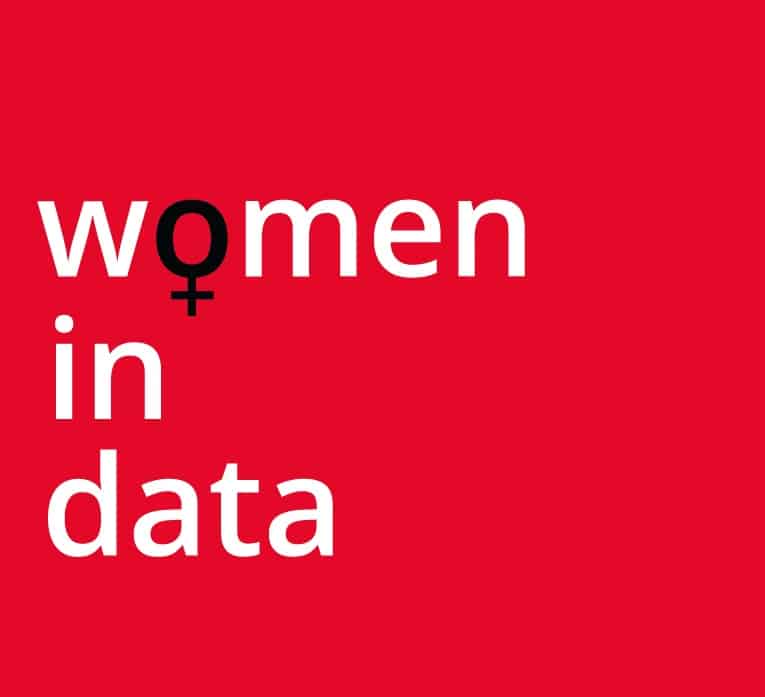
HOME IS WHERE SHE
MAKES IT HAPPEN
INSPIRING
THE NEXT GENERATION OF WOMEN IN DATA & TECHNOLOGY

How do you feel about being recognised as one of Women in Data’s ‘20 in 20’?
It’s a fantastic achievement. I consider myself a Late Bloomer and to receive this award makes me feel like someone is listening. But actually, I think this award reflects the wonderful young women I work with more than anything, and how together we are challenging traditional pipelines into data careers. Women can be data analysts and data scientists and the award recognises the work I am doing in trying to address that.
It’s been an ‘interesting’ 12 months - could you give an example of a personal high and low point?
Oh dear – where to start? On a personal high – this has to be up there. I think my high has been achieving this award and also a National Teaching Fellowship for the paid data fellows internship programme that I have developed. The two awards mean there is national recognition for my work, which is just brilliant. Oh – and I finished my book ‘Work placements, internships and applied social research’ which published in April.
I have had some very low points too though – not least finding out my eldest son has an incurable brain tumour. But witnessing how he has kept going and remained positive has inspired me to do the same. The pandemic was pretty secondary to this.
We’ve all had to adjust to a different way of working - how has it affected you professionally?
I would say I have adjusted well. I was left with post-viral (not COVID!) nerve damage (dizziness, instability and deafness) in the Spring of 2020 and actually I’m not sure I would have been able to return to work and be as productive as I have been working from home. I have had to do all my teaching online this year, but the students responded incredibly well to this and I got high teaching scores. My interns are mostly going to be doing remote placements this summer too – and we have 55 – the highest ever – so actually, thinking about it, I have embraced the need to work flexibly and remotely and it has paid off.
How do you balance work and life responsibilities with the pressure of aspiring to be the best at what you do?
Gosh that’s hard. But I’m pretty tenacious. I did my PhD as a single parent mum of two boys (they were 8 and 7 when I finished it). I’ve always worked and studied (sometimes at the same time) – and have been working since I was 14. I now have 3 children, all adults, and they’ve never known me to not work. So balancing work and family is an art form I think I have finessed over the years. That said I am an ardent feminist and insist my partner helps in the home. In fact, I am a co-founder of an organisation, a campaign group, called ‘Equality Starts at Home’ so I practise what I preach. If we want an equal workplace, we need to start in the home, and challenge stereotypes at a very young age. In practical ways I ensure I get enough sleep, eat well and drink modestly – plus I prioritise my family and loved ones over everything else.
What has been the most significant barrier to achieving this stage in your career?
Honestly? I would say being a maverick and not fitting in. I don’t slot neatly into any boxes. This is both good and bad. It means I can’t be pigeon-holed which is good because I have many talents and can translate between worlds, but it also means there are very few jobs that directly speak to those talents (and as I have found recently it’s very difficult to reward me through established promotion routes as it’s hard to tick boxes that neatly reflect my role). As I said above, I see myself as a Late Bloomer and now all of my former experiences in doing a maths degree, being trained in computing and programming, spending 25 years in higher education using socioeconomic data, and at heart being an educator and passionate believer in social mobility –
all of these skills have come home to roost and enabled me to develop this fantastic work experience programme which is very much of its time. I’m very proud to have done this (often against the odds). So, the most significant barrier is probably existing between worlds – but that’s also my greatest asset.
Do you experience resistance when you’re leading men - and if so, how do you deal with it?
Yes, sometimes. I am very aware of male behaviours (speaking over women, passing off others’ ideas as their own) but I am confident enough to call out this type of behaviour. I once challenged an all-male panel of 7 speakers at a BBC event on data science with over 200 people present and the floor erupted in a round of applause. The Chair thanked me for this and committed to never doing this again. My younger self would never have done that – now I try to be the voice in the room I want to hear. In the past I have had help – through coaching – with struggling to challenge male behaviour and be heard, and coaching helped me hugely. I would advise other women who find this hard to get a coach to help them recognise this, and their role in it, and change. It’s the only way to manage relationships that are holding you back. No one else will do it for you – and we owe it to other women to be good role models.
What is some of the advice you’d share with young women entering a male-dominated profession?
I would say learn to stand up for yourself early. Set the example you want to follow. Develop a tough skin – but acknowledge your feelings. Challenge the behaviour – not the person. Be courteous and professional at all times. It’s OK to be emotional – emotional intelligence is an asset – but be aware of the affect you have on others. Build trustful relationships and be authentic – if you don’t know something ask for help – and be prepared to learn. Above all else have an open mind and be willing to change your point of view. Listen to others and get to know them – not just their job. Roll up your sleeves and be willing to get stuck in. Have I said enough?
What was your breakthrough moment?
I’m not sure I’ve had one. I’ve just ‘kept going’ and tried to gather skills along the way. I’ve also had a handful of people – including men – who have had my back and spoken up for me. My biggest breakthrough recently was winning the £1.3m funding to develop the internship programme. But what I really, really want to do next is scale this up, take it national, and work with organisations like Women in Data to do this. There are very few women who have the understanding of data analytics, data science, university education and training, and applied research that could do this. In that way I think I’m uniquely well-placed to do this. But what really drives me is creating inclusive workplaces and that’s what I’m focusing on next. So, watch this space!!
What is your greatest strength?
Tenacity and self-belief
What needs to change in the next 10 Years for women in data and technology?
We need to recognise diversity in all its forms. I have been in this space long enough to experience, and witness, the barriers that can prevent women reaching their potential. Those women who have caring responsibilities need flexible working (and affordable care services). We need more ‘real models’ not just role models – women like us who show what is possible. We need women in positions of power and influence who can drive the change. And we need to address the narrative of why there is so much gender bias in the industry – have open and
honest and transparent conversations about how women can overcome the barriers. I think emerging from the pandemic is a perfect time to start these conversations – and as I said above, equality starts at home.
You’re on the board of the Urban Big Data Centre - what’s your specific interest from a social science perspective?
Data are the lifeblood of research and insight. And more and more data are being collected from our daily lives. The Urban Big Data Centre is facing huge technical challenges in collecting and processing large volumes of new forms of data, but the interest from a social science perspective is how people behave, and how these data can be used to improve lives. We know for example that there are social determinants of what affects people’s life chances, and so any technology services or products that are developed need to be aware of the different outcomes for different groups. Poor people in disadvantaged areas don’t live as long as wealthier people in prosperous neighbourhoods. How can data-driven technology solutions acknowledge this? How can the algorithms be developed so they’re not biased? And machine learning solutions be trained on unbiased data. How can we make people who enter these careers aware of these inequalities and differences (that often intersect) so that great minds can create great data-driven technological solutions to complex social problems? My role is helping train the future data scientists who are aware of the social dimension to these difficult problems, and I am on the board of the Urban Big data Centre to help advise them of some of the ways we can do this – by training people in the social sciences to develop the skills to go into these emerging careers.

